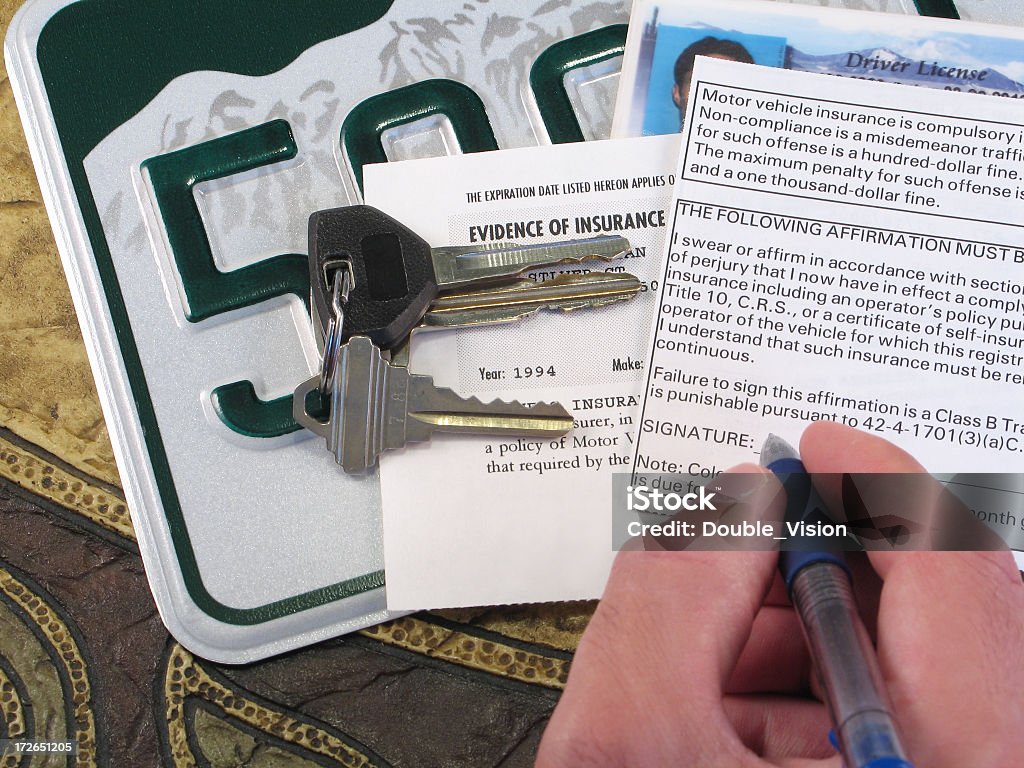Texas 2025 Vehicle Registration Changes: What Drivers Need to Know
Texas drivers, buckle up—big changes have arrived for vehicle registration in 2025. As of January 1, a new law has overhauled how Texans register and inspect their vehicles. Whether you drive a compact car in Austin, a pickup truck in Dallas, or a fleet vehicle for your small business, you need to understand what’s different, what fees to expect, and what steps to follow going forward.
In this blog, we break down everything you need to know about the new Texas vehicle registration changes for 2025.
No More Annual Safety Inspections for Non-Commercial Vehicles
One of the most significant updates for 2025 is the elimination of the annual safety inspection requirement for most non-commercial vehicles. This change comes from a law passed in 2023 that went into effect on January 1, 2025. The intent behind the change was to simplify the registration process for everyday drivers.
Now, most personal vehicles no longer need to visit an inspection station to be checked for things like brake lights, tire conditions, or seatbelt functionality before renewing their registration.
This change does not apply to:
-
Commercial vehicles
-
Vehicles with certain emissions requirements
-
Vehicles used by government or emergency services
New Inspection Program Replacement Fee
To help offset the revenue loss from ending the inspection program, the state has introduced a new Inspection Program Replacement Fee. Here’s what you need to know:
-
All non-commercial drivers will pay $7.50 per year at the time of registration.
-
If you’re registering a new vehicle (current or previous model year) for the first time, you’ll be charged $16.75 for the first two years of coverage.
Although this fee doesn’t go toward actual inspections, it helps the state fund transportation infrastructure and public safety programs that were previously supported by inspection fees.
Emissions Testing Still Required in Certain Counties
While general safety inspections are no longer required for non-commercial vehicles, emissions testing remains mandatory in 17 counties across Texas. If your vehicle is registered in one of the following counties, you still need to pass an emissions test before renewing:
-
Brazoria
-
Collin
-
Dallas
-
Denton
-
El Paso
-
Ellis
-
Fort Bend
-
Galveston
-
Harris
-
Johnson
-
Kaufman
-
Montgomery
-
Parker
-
Rockwall
-
Tarrant
-
Travis
-
Williamson
Bexar County is scheduled to begin emissions testing in 2026.
If you live in one of these areas, you’ll still need to take your vehicle to a certified emissions station to complete the renewal process.
Commercial Vehicles Must Still Undergo Safety Inspections
If you drive or own a commercial vehicle, nothing has changed for you in terms of inspections. These vehicles are still subject to annual safety inspections to ensure that they meet state and federal standards.
However, commercial vehicle owners are not required to pay the $7.50 Inspection Program Replacement Fee. This is because they’re still participating in the inspection process directly.
What About Out-of-State Drivers Moving to Texas?
If you’re new to Texas and moving your vehicle registration from another state, you will still need to comply with first-time registration protocols, which may include:
-
Verifying emissions compliance (if applicable in your county)
-
Providing proof of ownership and insurance
-
Paying the standard registration fee plus the applicable Inspection Program Replacement Fee
Make sure to check with your local tax office for any specific county-level requirements.
What Texas Drivers Should Do Now
With these new rules in place, here’s a quick checklist for staying compliant in 2025:
✅ Know your vehicle type. If it’s non-commercial, you’re likely exempt from inspections. If it’s commercial, stay on schedule.
✅ Check your county. If you’re in one of the 17 counties requiring emissions testing, plan ahead before your registration renewal date.
✅ Budget for the new fee. The $7.50 annual charge will be included with your registration costs. If you’ve just purchased a new vehicle, expect to pay $16.75 upfront for two years.
✅ Don’t throw away old habits yet. Even though inspections are no longer required, it’s a good idea to keep your vehicle in safe working condition for your own protection—and the protection of others.
The Reason Behind the Changes
Legislators have long debated whether safety inspections truly contribute to road safety. Proponents of the change argue that most modern vehicles have built-in diagnostics and that inspections were outdated, inconsistent, and costly for drivers.
By eliminating them, the state hopes to simplify vehicle ownership while continuing to enforce emissions standards in high-traffic areas.
Stay Updated and Safe
The 2025 Texas vehicle registration changes are a step toward modernization, but they also place more responsibility on drivers to keep their vehicles roadworthy. While you may no longer need an official inspection, you’re still responsible for:
-
Replacing worn tires
-
Maintaining functional lights and wipers
-
Ensuring your vehicle is safe to drive
These changes may affect how you plan your budget and schedule your yearly responsibilities, but they also aim to reduce the red tape of owning a car in Texas.
Final Thoughts
Texas drivers should welcome these updates as an opportunity to save time and money—but that doesn’t mean skipping out on maintenance. Vehicle safety is still your responsibility, even if the state no longer requires an annual inspection.
Stay informed, understand your county’s requirements, and keep your car in tip-top shape to avoid fines, fees, or safety issues on the road.

